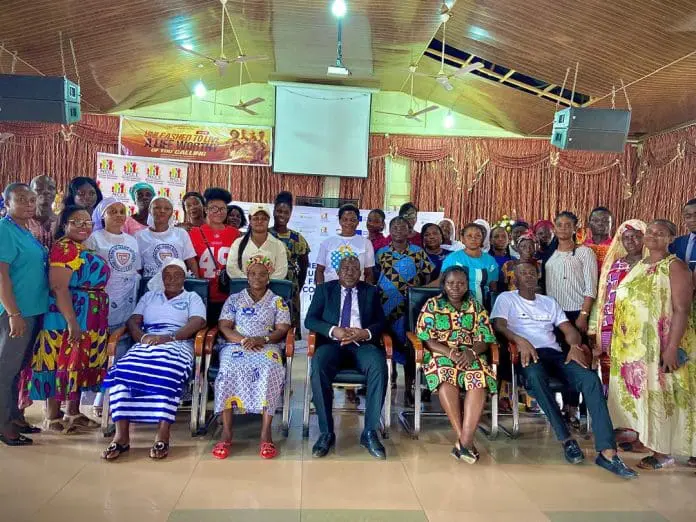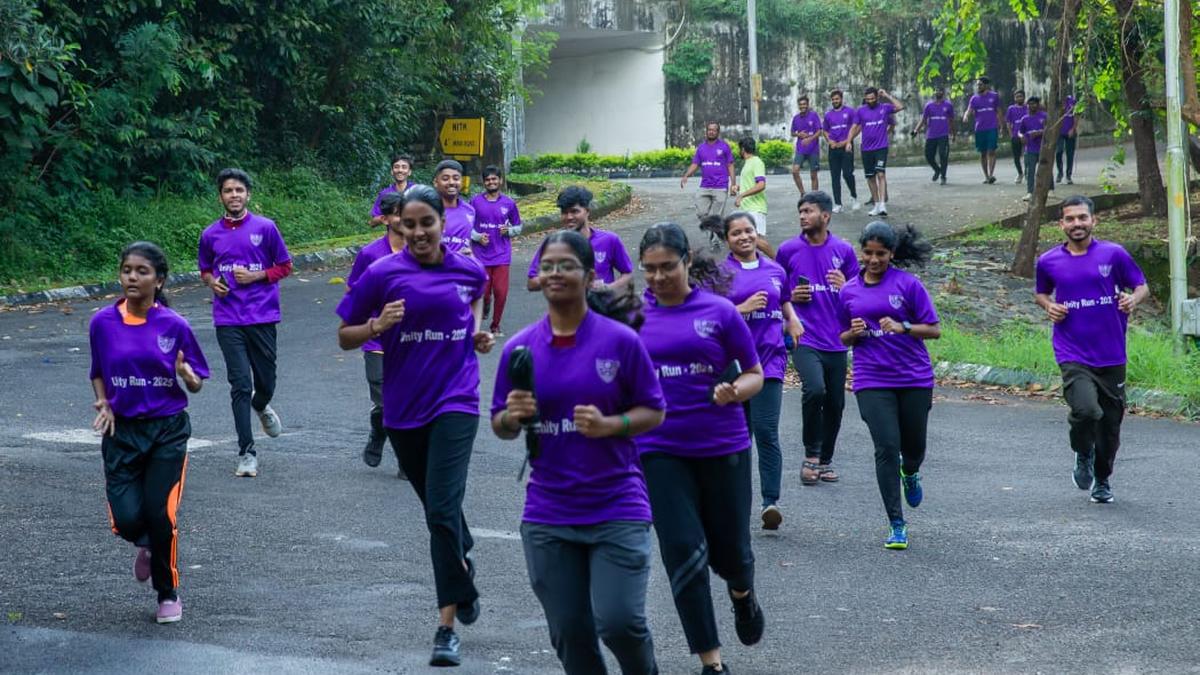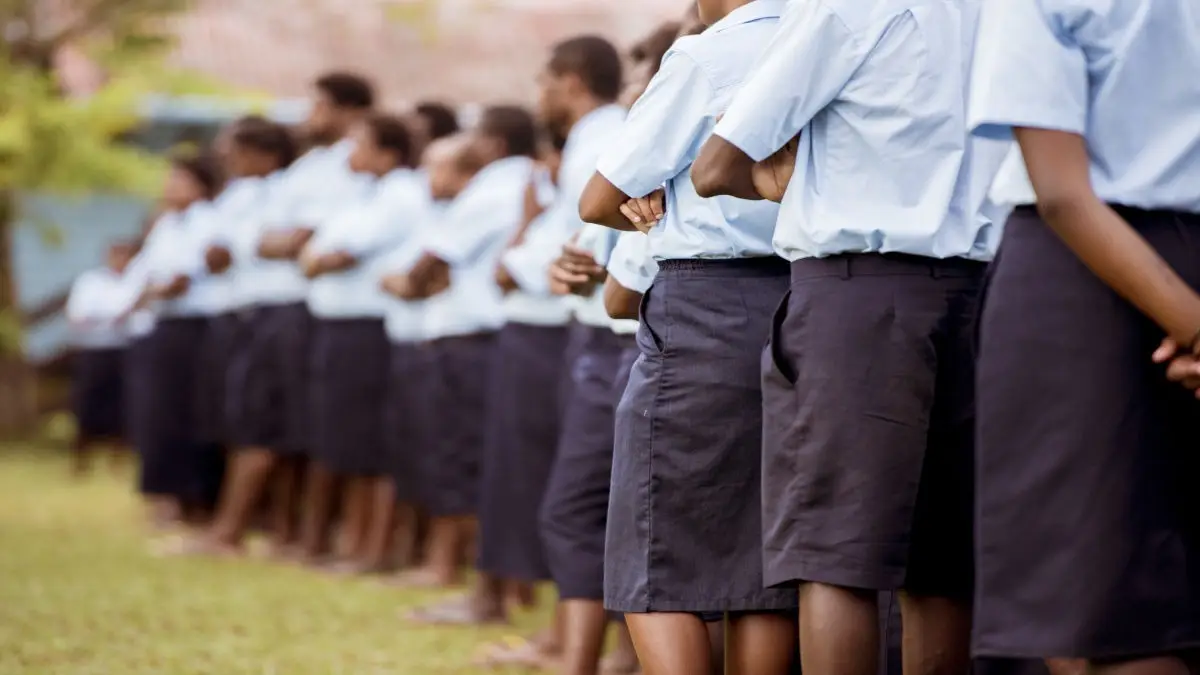Copyright ghananewss

The National Commission for Civic Education (NCCE) has launched a nationwide initiative to engage women’s groups in sixty districts across all sixteen regions of Ghana. This dynamic outreach forms part of the broader project, Civic Engagements on the Rule of Law and the Fight Against Corruption, under the *Participation, Accountability and Integrity for a Resilient Democracy programme. Funded by the German Federal Ministry of Economic Cooperation and Development, and co-financed by the European Union and the Swiss State Secretariat for Economic Affairs, the project is implemented in collaboration with Ghana’s Ministry of Finance and GIZ. On Thursday, 30th October 2025, the Church of Pentecost Hall in Sefwi Wiawso hosted a vibrant civic education session attended by fifty women from diverse professional and community backgrounds. Mr. Laud Swanzy, Municipal Director of the NCCE, opened the session with a warm welcome and a call to action. He highlighted the importance of understanding civic rights and duties, drawing from Chapters Five and Six of Ghana’s 1992 Constitution. His message was resolute: the fight against corruption is a shared responsibility, and every citizen has a role to play. Encouraging participants to move beyond passive observation, Mr. Swanzy urged them to become active defenders of community integrity. He concluded his presentation with an overview of the Whistleblowers Act, explaining how it empowers citizens to report unlawful or corrupt practices that threaten public welfare. He called on attendees to embrace whistleblowing as a civic duty that strengthens accountability and protects national resources. Lawyer Owusu Afriyie, Regional Director of the Commission on Human Rights and Administrative Justice (CHRAJ), followed with a compelling presentation on women’s empowerment in the fight against corruption. He underscored how corruption undermines Ghana’s development and quality of life, often manifesting through the diversion of public funds for personal gain. Afriyie encouraged participants to instill values of discipline and integrity in their children, who will one day be stewards of public resources. Inspector Mavis Tandoh of the Divisional Domestic Violence and Victim Support Unit (DOVSU), Western North Region, addressed the legal protections available to women and vulnerable groups. She emphasized the importance of speaking out against abuse and injustice, noting that DOVSU services are accessible to all, including vulnerable men. Inspector Tandoh advocated for the peaceful resolution of domestic issues and urged participants to report cases of abuse to ensure timely support for victims. The engagement in Sefwi Wiawso exemplifies a growing movement to build a resilient, accountable, and inclusive democracy in Ghana. Through education and collective action, women are being equipped to challenge corruption, uphold civic values, and protect the rights of their communities. This activity was organised by the NCCE with funding from the German Federal Ministry of Economic Cooperation and Development, and co-financing from the European Union and the Swiss State Secretariat for Economic Affairs.



